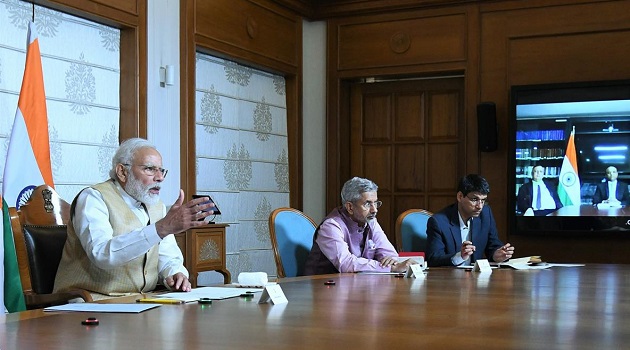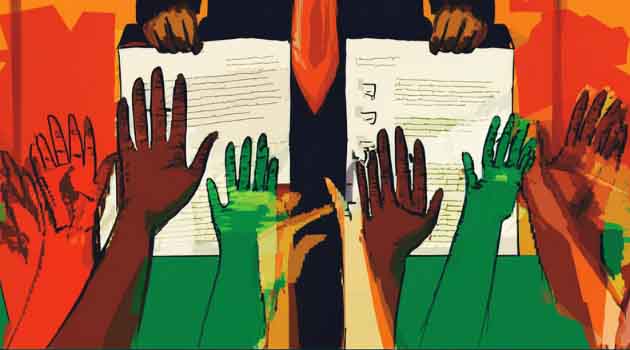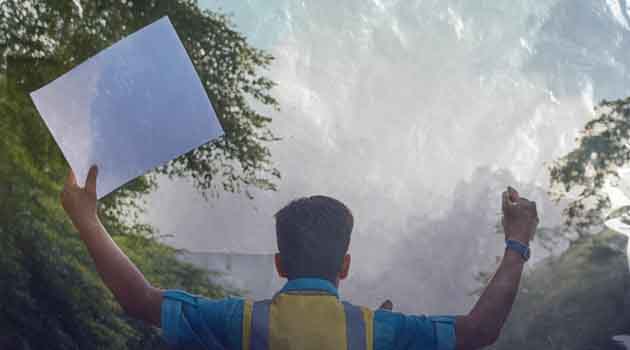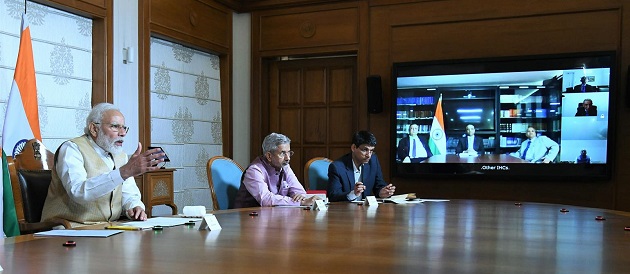
Is the coronavirus (Covid-19) pandemic a biological disaster? Well, the such virus and the ways to tackle it have not been mentioned in the Disaster Management Act, 2005. The preparedness and mitigation are the only ways out of this ever expanding contagion, says Dr. Gagan, a disaster management expert.
Further, the prospects of doing much about the virus, are constrained due to lack of vaccine for it, he feels, adding awareness programme holds the key.
Disaster managers are well acquainted with the natural disasters like flood, fire, earthquake or even man-made disasters like road, rail accidents. But, the biological disaster is a different ball game since its onset, nature of spread and prevention require alacrity of different types. Any laxity means high casualty, Dr. Gagan says.
The Disaster Management Act, 2005 has been enacted as the central Act to deal with the management of disasters. This act envisaged a three tier Disaster Management structure in India at National, States and District levels.
It is an Act to provide for the effective management of disasters and for matters connected therewith or incidental thereto, and it extends to the whole of India.
This time a virus has spread throughout the world. The global spread of the virus has overwhelmed health systems, disrupted the global economy, and is leading to widespread social disruption. Plus, the fatality rate is estimated to be 10 times higher than influenza.
More than 1.5 million people have been infected, and over a lakh of them have lost their lives which makes it clear that this pandemic is not localised as all disasters are.
In case of natural disasters, they are local and outside intervention is readily possible. But, in case of pandemic like coronavirus, countries fight their own battle and can seldom help others, as is the case being witnessed.
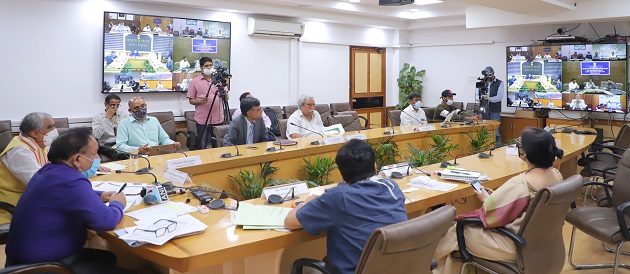
Not being able to help anyone is scary
Dr. Gagan says the role of physical distancing euphemistically called social distancing is the necessity, at this hour. Everyone should be making sincere attempts from wherever they are, to keep others informed and aware, because awareness holds the key.
Highlighting the role of media in its informative and analytical form, he says it is important to awaken people to the effects of the contagion as well as what to do about it. “It is common notice that although disaster management is a multi-stakeholder’s affair, the government has the primary role to play which it is doing. But the support from citizens is a sine quo non.”
Unity is required as only charity won’t do
Dr. Gagan says that big corporate houses and luminaries have donated to the national fund as the nation fights the virus outbreak, but they are conspicuous by their absence in the arena of public activities.
“Why don’t they realise that the pandemic is not anyone’s problem, it is everyone’s problem,” he said, adding, “It is high time that the comity of nations rises above their narrow economic interests and join hands for the betterment and amelioration of the humanity.”
What have we done despite the worrying trend
The Government of India is reassuring people that it is taking all necessary steps and is prepared well to face the challenge and threat posed by the growing pandemic of COVID-19 the Corona Virus.
“With active support of the people of India, we have been able to contain the spread of the Virus in our country. The most important factor in preventing the spread of the virus locally is to empower the citizens with the right information and taking precautions as per the advisories being issued by Ministry of Health & Family Welfare,” a statement on its website says.
As per the government’s COVID-19 dashboard, as on 11 April 2020, India has had 6634 active cases, out of which 652 people were either cured or discharged and 242 deaths have been reported. In an effort to defeat the virus, the government enforced a lockdown of 21 days, and asked its 130 crore citizens to consider the lockdown as a curfew and restrain for stepping out of the house unless it is absolutely essential.
At this point, one issue that needs to be answered is – how prepared are we in the prevailing circumstances, and what if there is growing public health needs, or emergencies such as bio-terrorism attack or use of biological weapons by an adversary, cross border issues and international spread of diseases!
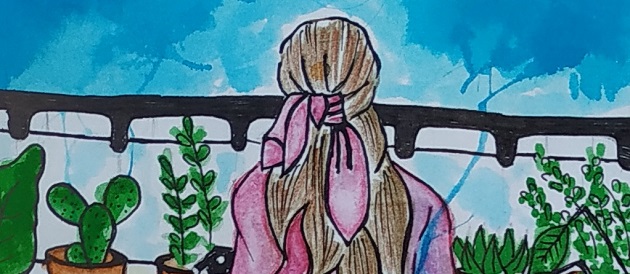
History provides us several illustrations where epidemic outbreaks have led to biological disasters. Accidental or deliberate release of harmful micro-organisms can also lead to biological disasters.
In recent years, the risks and vulnerabilities of our food chain and agricultural sector to agro-terrorism, which involves the deliberate introduction of plant or animal pathogens with the intent of undermining socio-economic stability, are also increasingly being viewed as a potential economic threat.
In India, the spread of dengue, chikunguniya, swine flu, influenza, in the past few years posed serious challenges to the health delivery architecture in the country. And do not forget the fallout of the Methyl Iso Cyanide gas leak in the Union Carbide Plant in Bhopal in 1984, as also the plague outbreaks in Surat in 1994 which all have been major challenges to the public health delivery systems.
Regarding the status of the virus, research is on but very little is known about the disease or how exactly it can be contained. WHO has officially declared the Coronavirus outbreak as a pandemic and has predicted that the virus will most likely reach almost all countries of the world.
Suggested readings:
